Excavation Mistakes You Need to Know to Avoid on Your Next Project
Excavation is critical in any construction project, whether for building foundations or installing utility lines. However, excavation can also be dangerous and costly if not done correctly. This blog post will discuss some common excavation mistakes you should avoid on your next project.
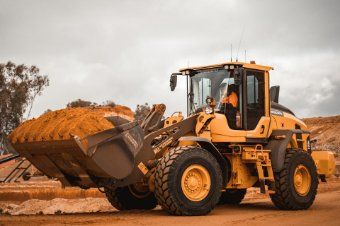
Lack of Planning
One of the most significant mistakes contractors make regarding excavation is not planning adequately. Excavation requires careful planning and consideration of various factors such as soil type, depth, and water table levels. Failure to plan can lead to unexpected complications and delays in the project timeline.
Before starting any excavation work, take the time to assess the site thoroughly. This includes conducting a site survey to identify potential hazards, such as underground utilities or unstable soil conditions. You should also consider the equipment needed for the job and ensure it suits the site's conditions.
Failing to Obtain Permits
Another common mistake contractors make is failing to obtain the necessary permits before excavation. Depending on your location and project specifications, you may need permits from local authorities or environmental agencies.
Obtaining permits ensures that your excavation work meets safety standards and minimises environmental impact. Failure to obtain permits can result in fines, legal action, or even halting your project.
Not Providing Adequate Support
Excavations can cause instability in surrounding structures or ground conditions, leading to collapse or subsidence. To prevent this from happening, it's essential to provide adequate support during excavation works.
Support systems such as shoring, bracing or underpinning stabilise the surrounding soil or structure during excavation. Neglecting this step can lead to accidents and damage, which could have been avoided with proper support systems.
Ignoring Safety Measures
Excavation work poses significant safety risks due to the heavy machinery and unstable ground conditions at sites. It's crucial for workers involved in excavation work to always prioritise safety measures during their operations.
Some common safety measures include:
- Wearing Personal Protective Equipment (PPE) such as hard hats, gloves, and steel-toed boots.
- Ensuring the machinery used is well-maintained
- Training workers involved in operating heavy machinery
- Implementing fall protection systems where necessary
Ignoring safety measures increases the risk of accidents occurring on-site, which could result in injury or loss of life.
Not Testing Soil Conditions
Soil testing is essential before beginning any excavation work since it helps determine soil characteristics and stability levels at a particular site.
Testing soil samples provides information about soil composition, such as moisture content and density levels, which help determine suitable support systems required during excavations. Ignoring this step can lead to unstable digging conditions resulting in accidents on-site.
In conclusion, avoiding these common mistakes during excavation projects can save time and money while ensuring worker safety throughout construction operations. By taking steps like planning ahead of time with thorough assessments of sites beforehand through proper testing procedures before beginning any activity onsite – including obtaining necessary permits – companies minimise risks associated with excavations, significantly reducing chances for issues arising down the line from inadequate support structures put into place initially without considering their long-term effects on surrounding areas. Remember, always prioritise workers' health/safety above everything else when working around hazardous environments like those in construction zones!
Contact us today at 02 4202 6381 to get started!
You Might Also Like

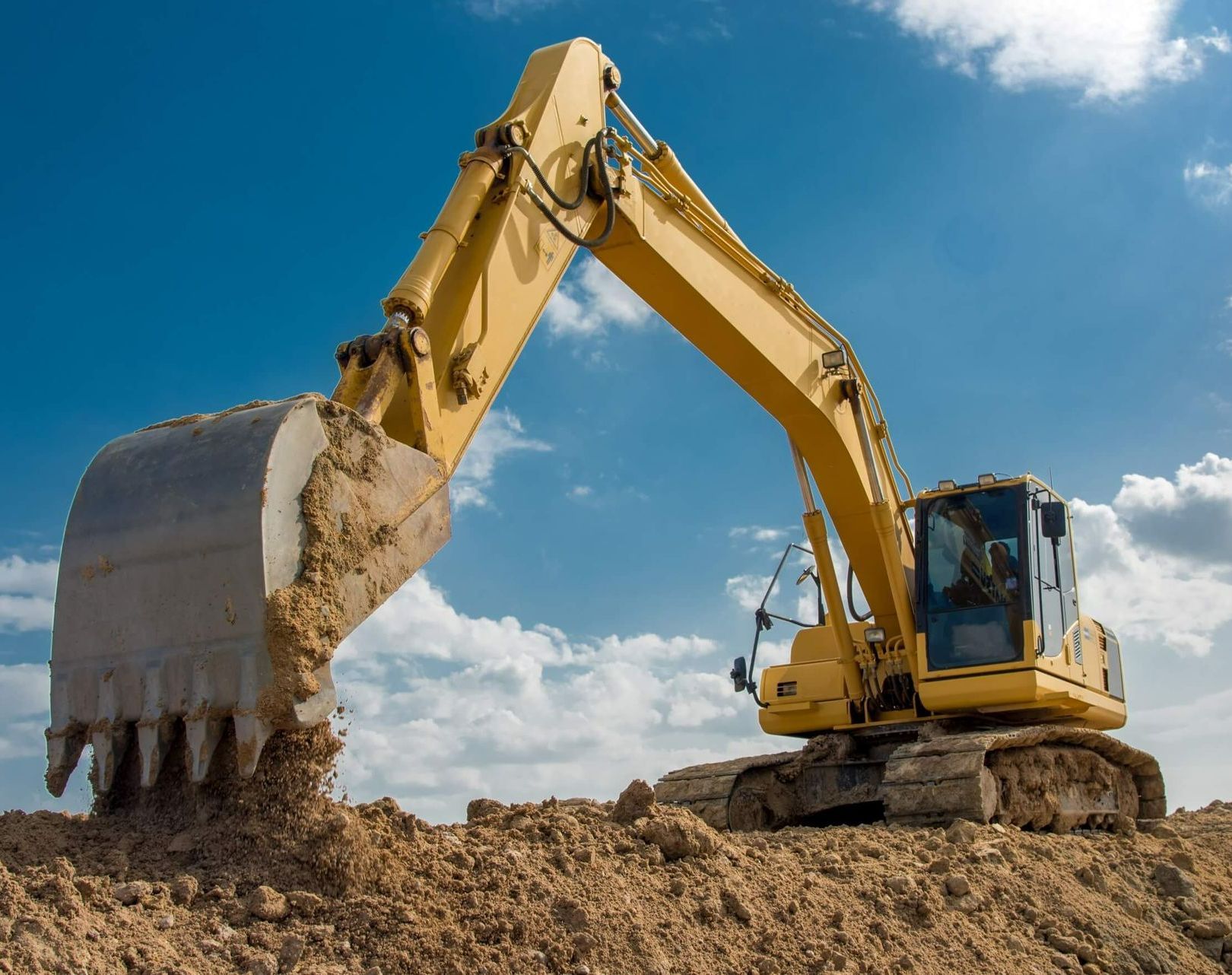



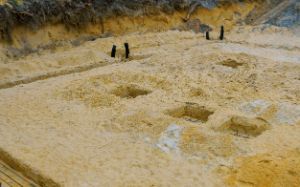
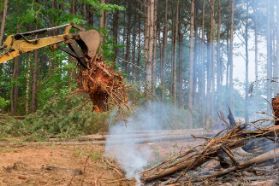
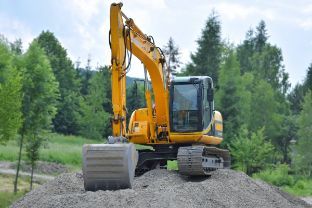
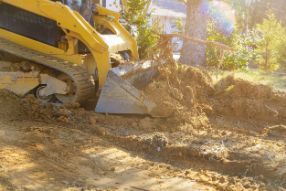
Free Instant Quote
**plus FREE bonus coupon**
Contact Form
We will get back to you as soon as possible.
Please try again later.
© 2022 AR Excavation Wollongong
This is a referral site.